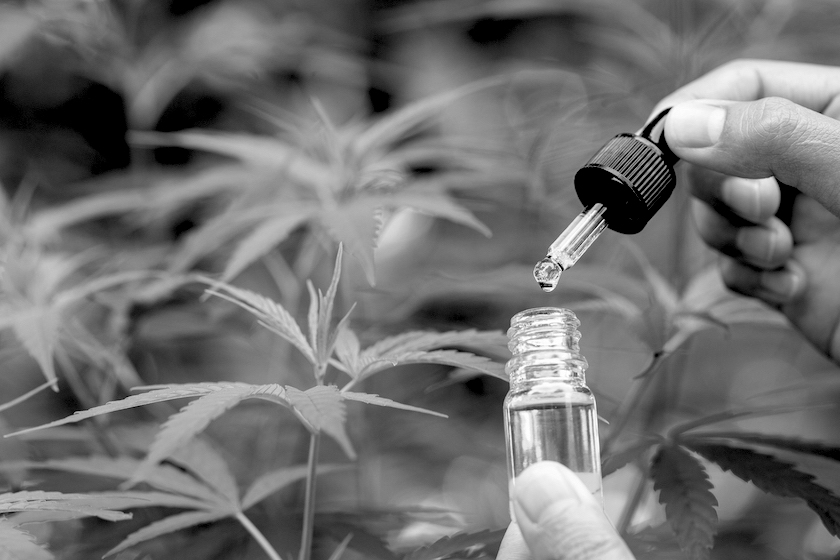With the passing of the 2018 Farm Bill Congress has authorized the cultivation of industrial hemp. As businesses seek to take advantage of this change, they must navigate a quagmire of federal and state regulations. Staying abreast of these ever-changing regulations is critical, allowing businesses to move into this burgeoning sector, while avoiding costly civil and criminal penalties.
Under the new Farm Bill, industrial hemp is classified as part of a cannabis plant with less than 0.3% tetrahydrocannabinol (THC) concentration, based on the product’s dry weight. If a crop meets these criteria, it may be cultivated legally without being classified as marijuana—a Schedule I controlled substance. This means that derivative products of industrial hemp, such as cannabidiol (CBD) products, may be legally produced and transported in interstate commerce.
Despite this relaxation in federal law, cultivation of industrial hemp and its derivative products must still comport with the regulations of federal and state agencies. For example, active derivative products, like CBD, cannot be added to food or dietary supplements without running afoul of the Food and Drug Administration (FDA). Non-active derivatives, such as hemp seed oil, can be freely added to these products. While the FDA has taken no enforcement action—at least for the time being—businesses should be wary of combining active derivatives with food or dietary supplements.
The Farm Bill also directed state departments of agriculture to establish pilot programs to oversee and regulate industrial hemp. North Carolina has established its own state pilot program. Under this program, the North Carolina Industrial Hemp Commission is authorized to issue licenses to growers of industrial hemp. When applying, growers must provide the Commission with the exact location of their proposed farming operation. Prospective growers must also pay the Commission an initial license fee based on the number of acres cultivated; this fee can be assessed up to ten thousand dollars. After the initial fee, growers will continue to pay annual fees of two hundred and fifty dollars, plus two dollars per acre cultivated.
In addition to the licensing costs, growers must also stay abreast of their compliance responsibilities. Growers must maintain records demonstrating their compliance with state law, and retain these records for a minimum of three years. Most importantly, growers under this program forfeit some of their search and seizure rights, as the licenses require them to allow the Commission and law enforcement to inspect their farming operations.
Failure to comply with the Commission’s regulations can result in a wide array of penalties, ranging from civil fines to felony charges. Each compliance violation results in a two thousand five hundred dollar fine. As for criminal penalties, providing misleading information to the Commission or tampering with an industrial hemp crop can result in a Class 1 misdemeanor. Finally, any activity involving marijuana—as opposed to industrial hemp—in the designated cultivation area can result in a Class I felony, charged along with any other drug crime available under state law. While these developments have opened up many new commercial opportunities, businesses should be cautions as they navigate this complex area of state and federal regulation.

